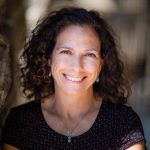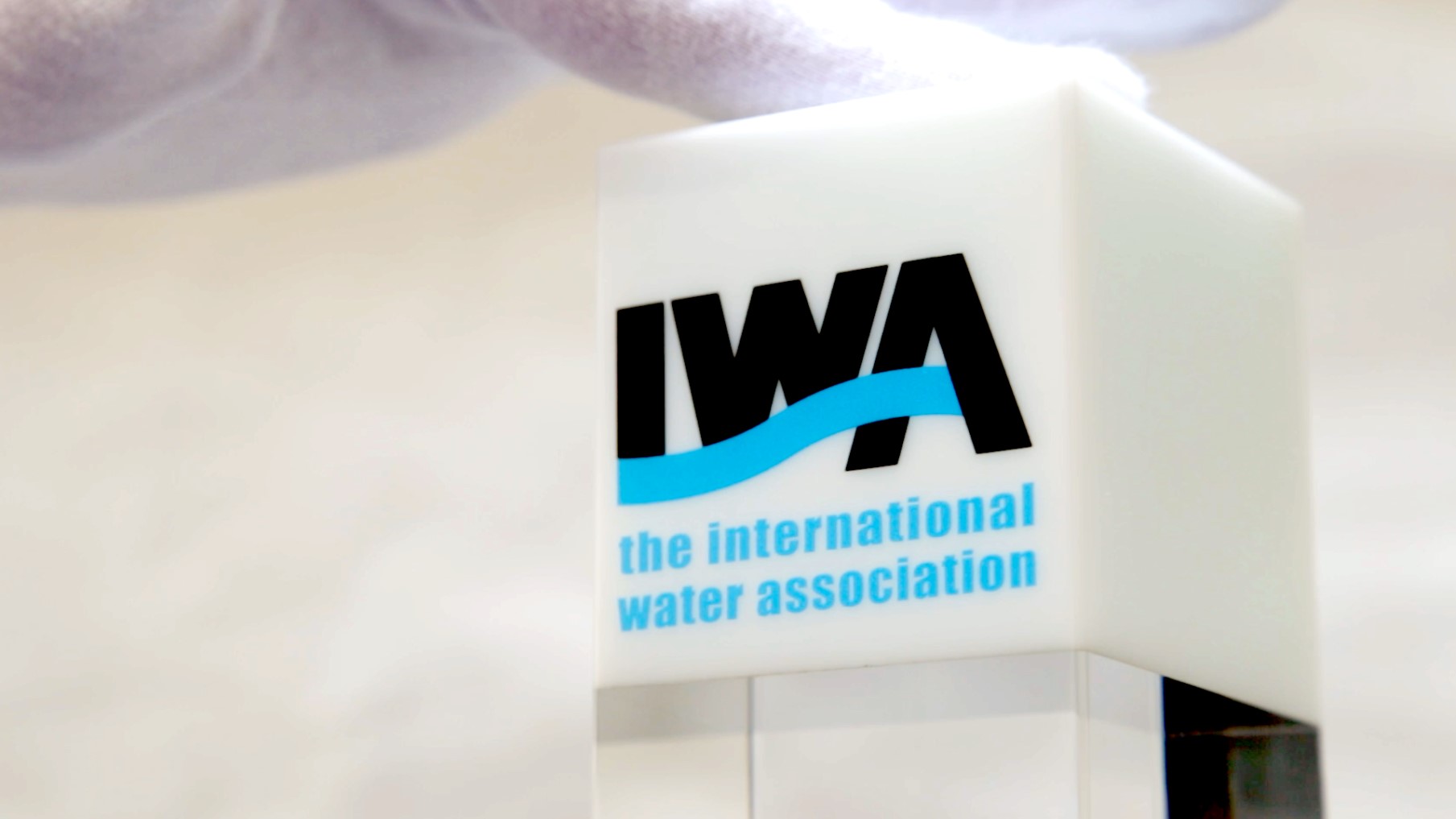The International Water Association (IWA), in collaboration with the International Society for Microbial Ecology (ISME), has announced the winners of the 2024 ISME/IWA BioCluster Award.
The award has been designed to recognise the importance and impact of interdisciplinary research at the interface of microbial ecology, water & wastewater treatment and engineering sciences.
The prestigious prizes reward internationally-recognized research of unusual merit in this field. This award, a collaboration between the ISME and the IWA, is presented every two years. There are two award categories:
- the Grand Prize
- the Rising Star Award
The Grand Prize has been awarded to Professor Amy Pruden, Department of Civil & Environmental Engineering, Virginia Tech, USA.

Prof. Amy Pruden is the W. Thomas Rice Professor and University Distinguished Professor in the Department of Civil and Environmental Engineering at Virginia Tech University, USA. She earned her B.S. in Biological Sciences and her PhD in Environmental Science, both at the University of Cincinnati. Her research and teaching focus on bringing a microbial ecological perspective to advancing control of pathogens and antibiotic resistance in the design and management of environmental systems, especially water, wastewater, and recycled water systems. Pruden is widely known for her research on antibiotic resistance genes (ARGs) as environmental contaminants and is currently engaged in research aimed at advancing metagenomic approaches for surveillance of pathogens and antimicrobial resistance in sewage. Pruden is a Fellow of the International Water Association (IWA) and currently serves as a Senior Editor of the ISME Journal.
The Rising Star Prize has been awarded to Dr. Ryan Ziels, Associate Professor, Civil Engineering, University of British Columbia, Vancouver, Canada.

Dr. Ryan Ziels is an Associate Professor in the Department of Civil Engineering, with appointments in the Genome Sciences and Technology and Environmental Engineering programs at the University of British Columbia (Vancouver, Canada). He received his PhD in 2016 from the University of Washington (Seattle, USA) in Civil and Environmental Engineering. He joined the University of British Columbia as an Assistant Professor in 2017.
Broadly, Dr. Ziels’ research focuses on the utilization of microbial communities to convert waste materials into high-value resources, such as bioenergy, nutrients, and clean water. His work has also advanced long-read sequencing for rapid profiling of microbiomes in water systems. Since starting at UBC, his research endeavors have been supported by the U.S. Department of Energy, Natural Sciences and Research Council of Canada, and Genome Canada, among others. He remains actively engaged in the IWA and ISME community through the IWA Microbial Ecology and Water Engineering Specialist Group and the IWA/ISME BioCluster.
The Awards will be presented at the 2024 IWA World Water Congress & Exhibition, to be held in Toronto, Canada, August 2024, and also at ISME in Cape Town, South Africa, August 2024.



